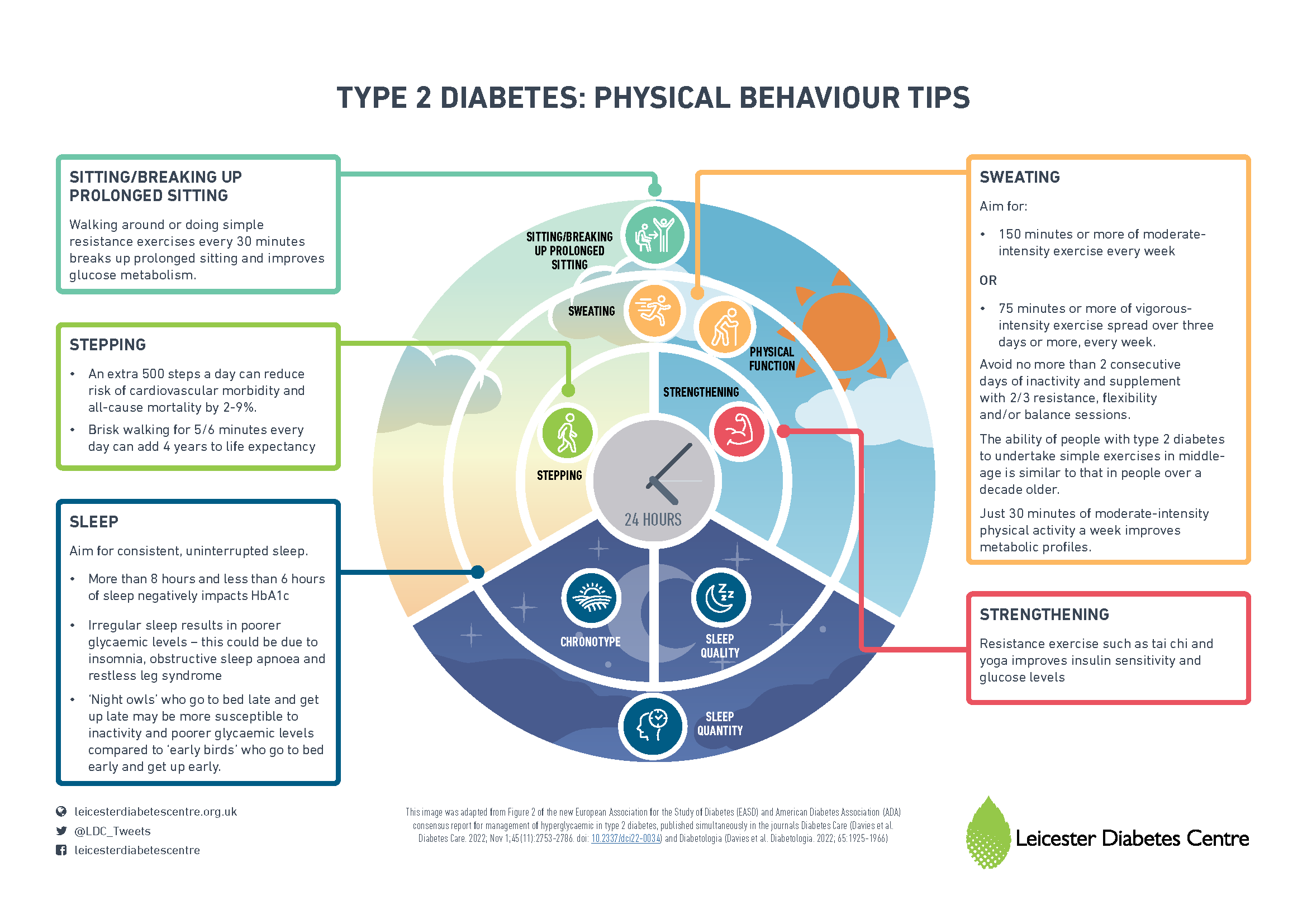Reclaim Your Wellbeing: 10 Evidence-Backed Strategies to Outsmart the Diabetes Epidemic

As we navigate the complexities of modern life, it’s easy to forget that our bodies are capable of remarkable things. But the rising tide of diabetes is a stark reminder that our lifestyles can have far-reaching consequences for our health. Fortunately, by making informed decisions and adopting simple yet powerful habits, you can significantly reduce your risk of developing this preventable condition.
In this article, we’ll delve into the latest research and explore ten proven ways to supercharge your health, sidestep the diabetes epidemic, and take control of your wellbeing.
1. Start with a Balanced Breakfast**
Begin your day with a nutrient-dense breakfast, featuring a balance of protein, healthy fats, and complex carbohydrates. This can help regulate your blood sugar levels and provide sustained energy throughout the morning. Incorporate foods like whole-grain cereals, avocado, nuts, and seeds into your morning routine.
2. Get Moving with High-Intensity Interval Training (HIIT)**
A 2019 study published in the Journal of Applied Physiology found that just 15 minutes of HIIT per day can significantly improve insulin sensitivity and reduce the risk of developing type 2 diabetes. This involves short bursts of intense exercise followed by brief periods of rest. Try incorporating HIIT into your daily routine, using bodyweight exercises or resistance bands.
3. Eat More Fiber to Feed Your Gut**
A high-fiber diet is essential for maintaining a healthy gut microbiome, which plays a crucial role in regulating blood sugar levels. Aim to consume at least 25-30 grams of fiber per day from sources like fruits, vegetables, legumes, and whole grains. This can help slow down the digestion of carbohydrates and prevent blood sugar spikes.
4. Stay Hydrated with Water-Rich Foods**
Staying hydrated is critical for maintaining healthy blood sugar levels. In addition to drinking plenty of water, incorporate water-rich foods like cucumbers, celery, and citrus fruits into your diet. Aim for a minimum of eight glasses of water per day, and adjust according to your individual needs.
5. Spice Up Your Life with Turmeric and Ginger**
Certain spices, such as turmeric and ginger, have potent anti-inflammatory properties that can help regulate blood sugar levels. Add these spices to your meals, or try incorporating them into your favorite recipes. Turmeric, in particular, contains a powerful compound called curcumin, which has been shown to have anti-diabetic properties.
6. Get Enough Sleep to Support Insulin Sensitivity**
Poor sleep quality and duration can significantly impair insulin sensitivity, increasing the risk of developing type 2 diabetes. Aim for 7-9 hours of sleep per night and prioritize maintaining a consistent sleep schedule. Create a relaxing bedtime routine, and avoid screens before bedtime to promote better sleep quality.
7. Reduce Your Exposure to Environmental Toxins**
Certain environmental toxins, such as pesticides and heavy metals, have been linked to an increased risk of developing diabetes. Reduce your exposure by choosing organic produce, using non-toxic household cleaners, and filtering your drinking water. Avoid heating food in plastic containers, and opt for glass or stainless steel alternatives instead.
8. Manage Stress with Mindfulness and Meditation**
Chronic stress can significantly impair insulin sensitivity, making it more challenging to manage blood sugar levels. Practice mindfulness and meditation techniques to help manage stress and promote relaxation. Try incorporating activities like yoga, tai chi, or deep breathing exercises into your daily routine.
9. Incorporate Omega-3 Rich Foods into Your Diet**
Omega-3 fatty acids, particularly EPA and DHA, have potent anti-inflammatory properties that can help regulate blood sugar levels. Incorporate omega-3 rich foods like salmon, sardines, and walnuts into your diet. Consider supplementing with a high-quality omega-3 oil if you’re struggling to get enough from whole food sources.
10. Get Enough Vitamin D to Support Insulin Function**
Vitamin D plays a critical role in regulating insulin function and maintaining healthy blood sugar levels. Aim to get enough vitamin D through a combination of sun exposure, supplements, and vitamin D-rich foods like fatty fish, egg yolks, and mushrooms. Consult with a healthcare professional to determine the best approach for your individual needs.
By incorporating these evidence-backed strategies into your daily routine, you can significantly reduce your risk of developing diabetes and reclaim your wellbeing. Remember, small changes can add up over time, and it’s never too late to start making positive changes to your lifestyle.
So why wait? Start your journey towards optimal health today, and take the first step towards outsmarting the diabetes epidemic.






